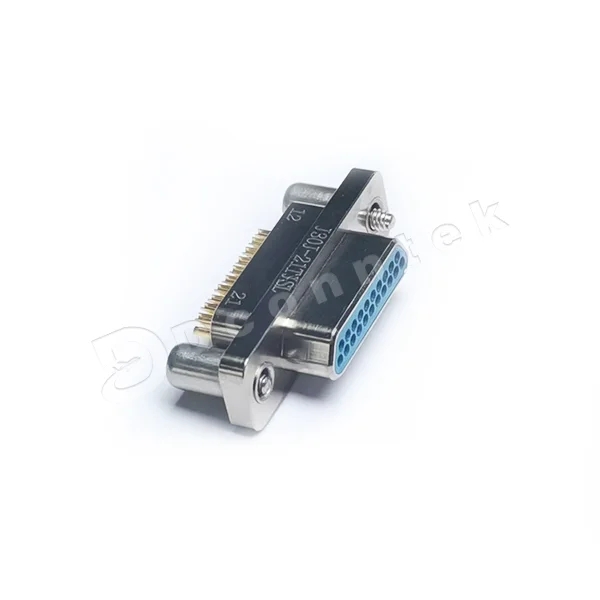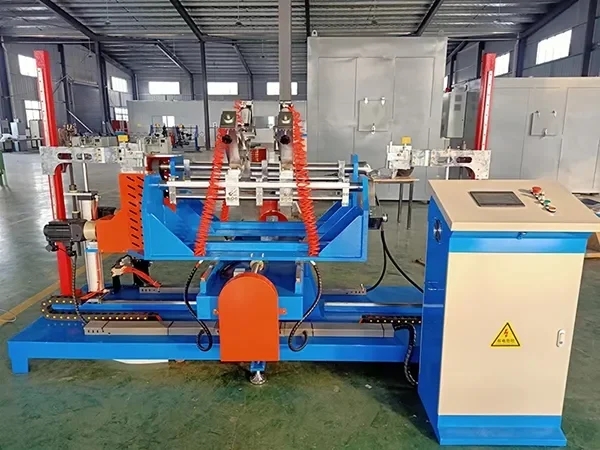Air compressors are essential tools in various industries, powering a wide range of applications. As an investment, it is crucial to understand the lifespan of an air compressor to ensure optimal performance and cost-effectiveness. In this article, we will delve into the factors that determine the lifespan of an air compressor and provide practical tips to maximize its longevity.
- Understanding the Average Lifespan:
The lifespan of an air compressor can vary significantly depending on several factors. However, on average, a well-maintained and properly used air compressor should last between 10,000 to 15,000 operating hours. This estimate can vary based on the type of compressor, its quality, and the operating conditions. - Factors Influencing Lifespan:
a. Maintenance Practices:
Regular maintenance is crucial for extending the lifespan of an air compressor. This includes routine inspections, lubrication, filter replacements, and addressing any issues promptly. Following the manufacturer's maintenance guidelines is essential to ensure optimal performance and prevent premature wear and tear.
b. Operating Conditions:
The environment in which an air compressor operates greatly affects its lifespan. Factors such as temperature, humidity, dust levels, and vibrations can impact its performance and longevity. Providing a clean and well-ventilated area for the compressor, along with proper insulation and vibration dampening measures, can significantly extend its lifespan.
c. Load and Duty Cycle:
The load and duty cycle of an air compressor refer to the amount of time it operates and the intensity of its usage. Compressors that consistently operate at maximum capacity or experience frequent start-stop cycles may have a shorter lifespan. Understanding the specific requirements of your applications and selecting a compressor with an appropriate duty cycle rating can help optimize its lifespan.
d. Quality and Design:
Investing in a high-quality air compressor from a reputable manufacturer is crucial for longevity. Quality components, durable construction, and advanced design features contribute to a longer lifespan. It is worth considering factors such as motor efficiency, cooling mechanisms, and the compressor's ability to handle varying loads.
- Signs of Wear and Maintenance Intervals:
Regularly monitoring the performance of an air compressor is essential to identify signs of wear and address maintenance needs promptly. Some common indicators of potential issues include abnormal noise, excessive vibration, decreased airflow, and increased energy consumption. Following the manufacturer's recommended maintenance intervals and addressing any concerns promptly can help prevent major breakdowns and extend the compressor's lifespan. - Conclusion:
In conclusion, the lifespan of an air compressor can vary depending on various factors, but a well-maintained unit should last between 10,000 to 15,000 operating hours. By implementing proper maintenance practices, considering operating conditions, selecting the right compressor for the job, and investing in quality equipment, you can maximize the lifespan of your air compressor. Remember, regular monitoring and addressing any issues promptly are key to ensuring optimal performance and longevity.





